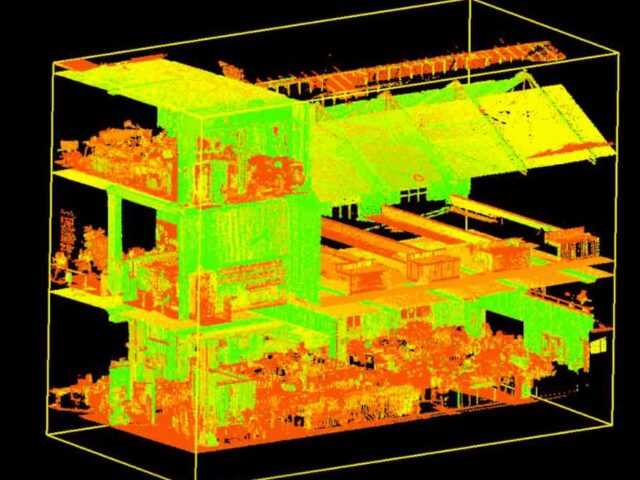Liquid Effluent
Liquid Effluent provides valuable information on the quality and composition of the wastewater, which is essential for developing effective treatment strategies, ensuring compliance with environmental regulations, and protecting public health. The testing process typically involves collecting and analyzing samples of the effluent, using various laboratory techniques and instruments to measure parameters such as pH, temperature, turbidity, and levels of pollutants like heavy metals, pesticides, and bacteria. This information is then used to design and optimize wastewater treatment systems, as well as to monitor the effectiveness of treatment processes and identify areas for improvement. Additionally, liquid effluent testing can also help identify potential environmental and health risks associated with the discharge of untreated or inadequately treated wastewater into waterways.






